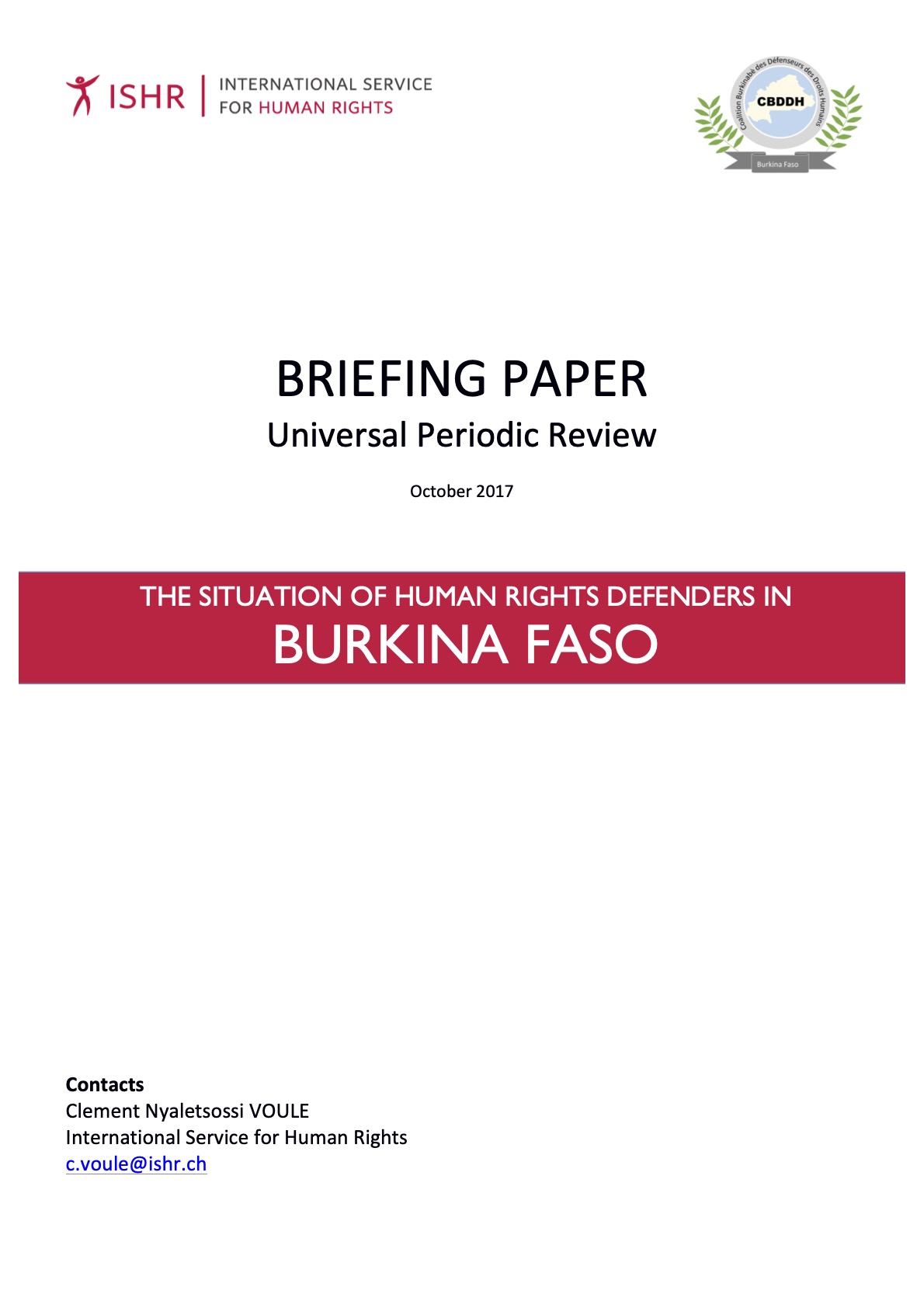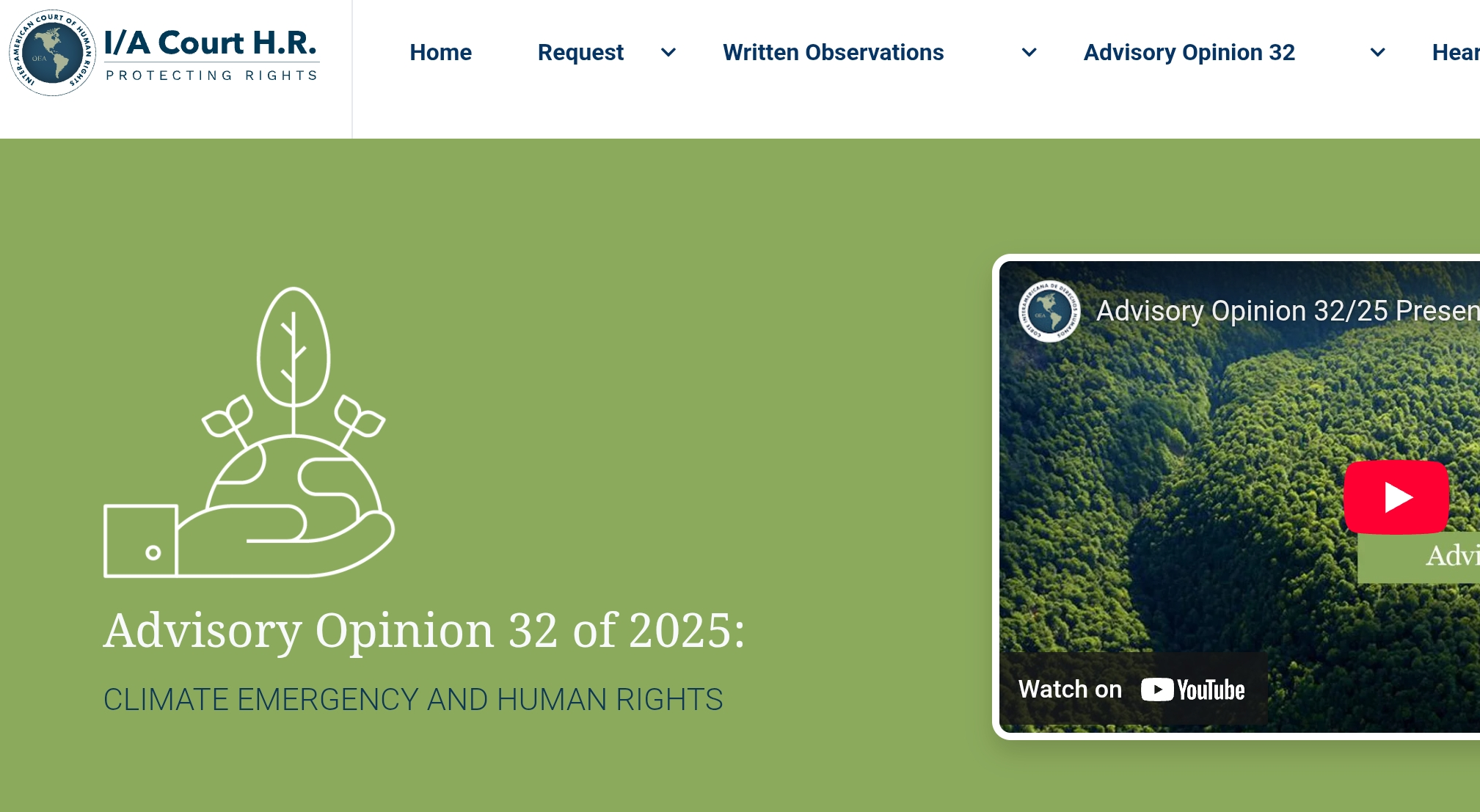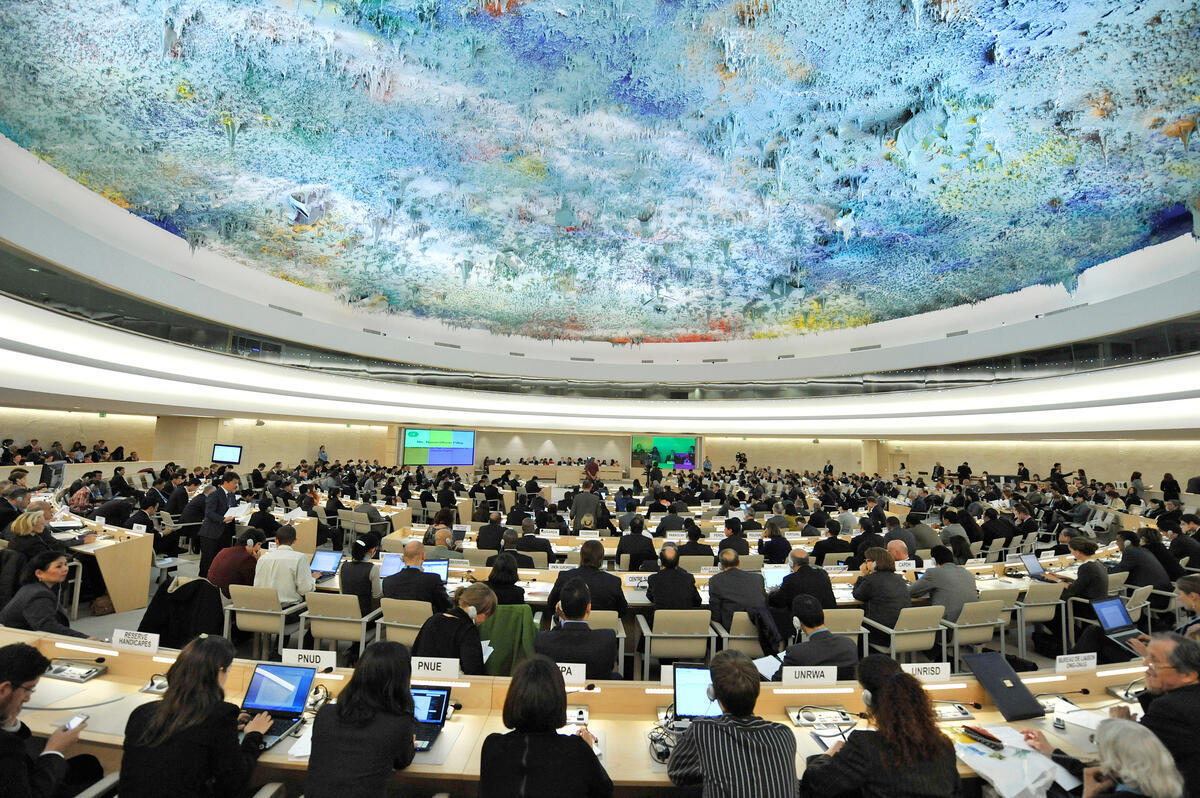Burkina Faso is scheduled to be reviewed at the 30th session of the Universal Periodic Review on 5th May. During its last review, Burkina Faso accepted two recommendations calling on the State to promote and encourage the work of civil society in the country and pursue a regular dialogue with civil society to promote the importance of equality between women and men. Despite accepting these recommendations, human rights defenders still have to work in a hostile environment.
In 2015, the coup d’état had a disastrous impact on fundamental freedoms, by imposing unnecessary restrictions, in particular to the right to freedom of expression. During that time, journalists covering the events or publishing dissident opinions have been victims of threats, intimidation, physical attacks and their offices have been ransacked.
Further, while the National Transition Council adopted three consecutive laws decriminalising some press offences and eliminating prison sentences for some other offences, it also considerably increased fines for defamation, slander and insult which could seriously impede the rights to freedom of expression and the press with the risk that media professionals and civil society organisations are forced out of business.
A law for the protection and promotion of human rights defenders has been voted by the National Assembly on 27 June 2017 but we still note that this law fails to acknowledge the specific risks faced by women human rights defenders in their work. In addition, Burkina Faso has not yet created its protection mechanism, which would aim at monitoring the implementation of the law, because its National Human Rights Commission is still not functional.
This Briefing Paper on the Situation of Human Rights Defenders in Burkina Faso – developed by ISHR, and our national partners the Burkinabe Coalition for Human Rights Defenders – is intended to assist States and other stakeholders to formulate questions and recommendations regarding the protection of human rights defenders during the UPR.
Key recommendations that should be made to Burkina Faso at the UPR include:
- Ensure that all alleged attacks against human rights defenders are promptly and thoroughly investigated, that perpetrators are held accountable, and that victims have access to effective remedies.
- Amend the law for the protection of human rights defenders to ensure the establishment and resourcing of a national protection mechanism for defenders, to include protections for women and disabled human rights defenders and repeal or reform article 16, which provides the power to expel defenders considered threats to national security.
- Review the composition of the High Council of Communication to ensure a higher number of members of professional media groups.
- Support the compliance of the newly established National Human Rights Institution with the Paris principles, including through guarantees of independence, expertise and adequate funding.
For further information about the Briefing Paper, please contact ISHR’s Adélaïde ETONG [email protected]
Photo: Flickr_RFI




